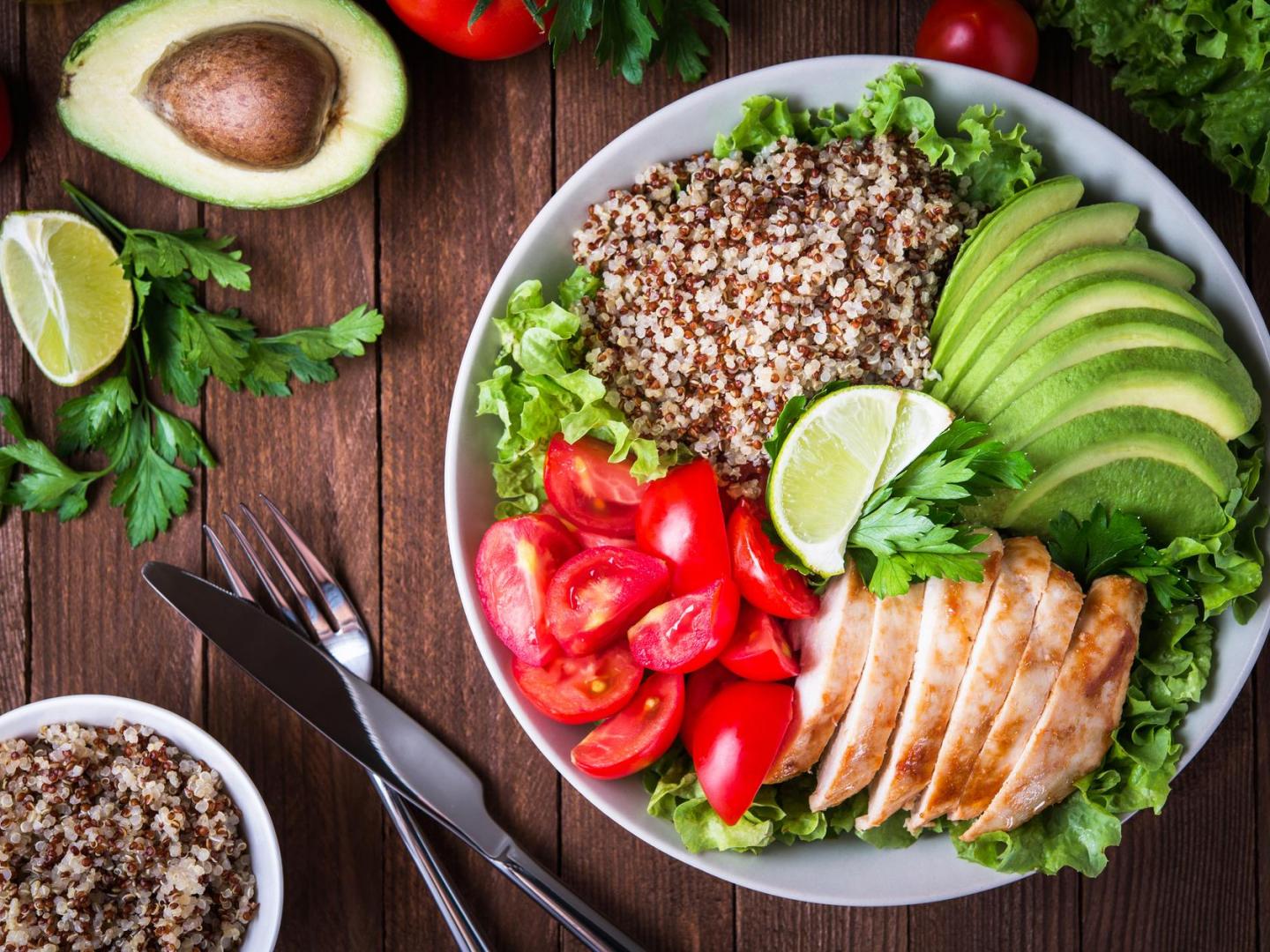Multiple myeloma is a rare type of cancer that primarily develops in the bone marrow. Treatments such as chemotherapy affect diet in the long run, resulting in loss of appetite and even skipped meals. In truth, the feeling of being overwhelmed can banish any thoughts of food from one’s mind. That said, food contains effective cancer-fighting nutrients. People undergoing chemotherapy for multiple myeloma need to keep their health at an optimum. Follow the diet tips below to be able to do just that.

While the cause of this cancer is yet a mystery, the Cancer Network reports of increased incident cases of multiple myeloma, rising up to about 126% globally, and 94% reported deaths[2]. Of these, the US had the highest incident cases and deaths. Conventional treatment for this type of cancer includes chemotherapy, surgery, radiation, and stem cell transplant.
Similar to other types of cancer, doctors prescribe special diets for multiple myeloma patients[3]. In order to give one’s body a fighting chance, one would need all the necessary nutrients possible. However, it’s not uncommon to see people lose their appetite or eat unhealthily because of the rigors of treatment. We’ve put together the most suitable foods, and the foods to avoid when undergoing treatment for multiple myeloma.
Top 5 Healthiest Foods for Multiple Myeloma
Eating the right foods can help one withstand treatment, speed recovery, and feel better. The right food should provide the right balance of nutrients. Some of the foods to include in diet include;
Greens
Fresh fruits and vegetables are rich in antioxidants that help the body rebuild itself. Patients undergoing cancer treatment often experience constipation, a result of the side effects of cancer medications. Greens in the diet help in fighting constipation, which boosts healthy eating habits. To achieve this, ensure that vegetables and fruits are cooked properly to reduce the risks of developing gastrointestinal infections from raw produce.
Fiber
Foods rich in fiber are very good for cancer patients and also those who want to maintain a healthy digestive system.In order to reduce constipation, which is a common side effect of multiple myeloma medication, one should increase the amount of fiber content in their diet. This is because fiber helps to break down food and to clear the bower easily. Some very good sources of fiber are whole grains, carrots, broccoli, oatmeal, prunes, beans, and nuts.
Bland Foods
Chemotherapy generally affects the digestive system, which may lead to diarrhea as well. Patients who experience these side effects could try a BRAT diet for its low-fiber content. It counters the effects of fiber diets. The diet includes bananas, rice, applesauce, and toast. It is also recommended that patients with diarrhea take a lot of water and broth to stay hydrated.
Vitamins and Minerals
Dietitians also recommend daily intake of vitamins and minerals supplements; these help maintain the patient’s health. Top sources are folate, fish oil, and vitamin D.
Iron
Anemia is one of the common symptoms of multiple myeloma. This results from cancerous cells that outgrow healthy blood cells, causing a shortage of red blood cells. To treat anemia, diets rich in iron are encouraged. Iron-rich foods include beans, dark leafy greens, and lean meat.
Top 5 Worst Foods for Multiple Myeloma
The foods discussed below are not recommended for people with multiple myeloma.
Foods rich in potassium
The breakdown of bones leads to excessive accumulation of calcium in the bloodstream. This may overload the kidney filtration activity, causing subsequent kidney damage. As such, to lessen kidney functions, foods rich in potassium such as avocados, citrus, bananas, and tomatoes should be limited.
Food rich in phosphorus
Avoid foods high in phosphorus, as they tend to affect the kidney negatively. Foods such as bran cereals, whole-grain bread, and sunflower seeds should be avoided.
Raw/under-cooked foods
Multiple myeloma patients should endeavor to avoid consuming raw or undercooked foods. Such foods have been shown to cause fresh infections and illnesses to these patients. As a result of their compromised immune system, fighting off pathogens from raw food would be a herculean task compared to individuals with a healthy immune system. Raw food includes raw meat, raw seafood, poultry, uncooked eggs, unpasteurized dairy, and raw sprouts.
Sweets and sugars
People with multiple myeloma would do well to avoid foods with excessive sugar. Sweets and desserts provide little nutritional value and take up space that could have been occupied by nutritious foods.
Alcohol
Some people prefer including alcohol in their diets. However, alcohol can contribute to dehydration, which impairs the immune system. It also has no beneficial nutrients in the body.
The Bottom Line
To combat the symptoms of multiple myeloma and other side effects associated with chemotherapy, a healthy diet is a good place to start. It goes a long way to boost the person’s quality of life and gives them the strength to endure the rigors of treatment[4]. The recommended approach is to eat small, frequent meals. This way, the body will maintain enough calories, proteins, and nutrients.
REFERENCES
[1] “Multiple Myeloma – Symptoms And Causes”. 2020. Mayo Clinic. https://www.mayoclinic.org/diseases-conditions/multiple-myeloma/symptoms-causes/syc-20353378.
[2] “Multiple Myeloma Incidence Increasing Worldwide, Especially In The US”. 2020. Cancernetwork.Com. https://www.cancernetwork.com/view/multiple-myeloma-incidence-increasing-worldwide-especially-us.
[3] “Diet Tips For Multiple Myeloma”. 2020. Healthline. https://www.healthline.com/health/cancer/multiple-myeloma-diet.
[4] Crowd, The. 2020. “What To Eat When You Have Multiple Myeloma”. Myelomacrowd.Org. https://www.myelomacrowd.org/what-to-eat-with-multiple-myeloma-some-dietary-recommendations/.


